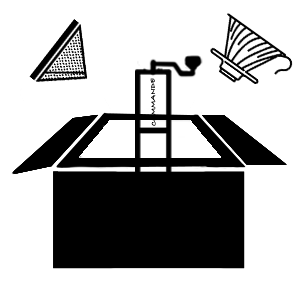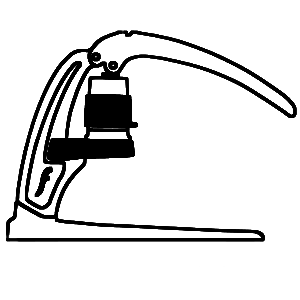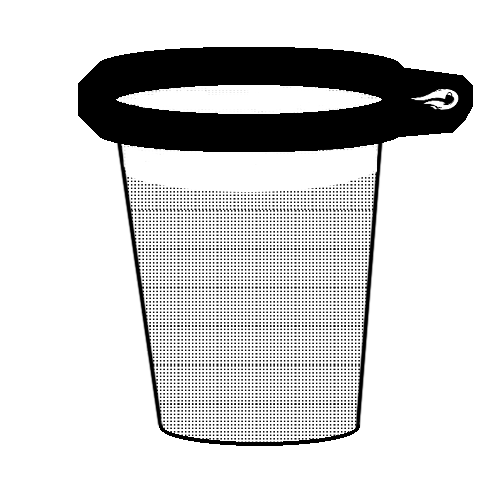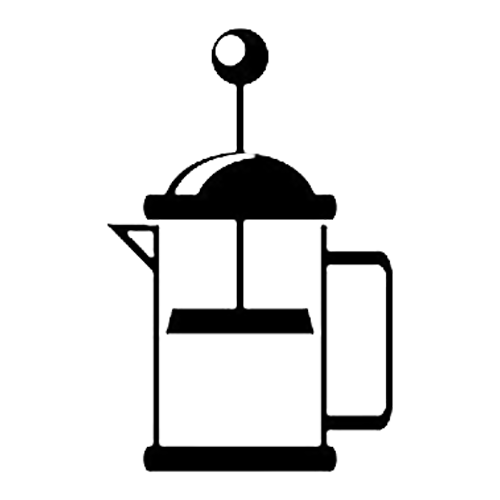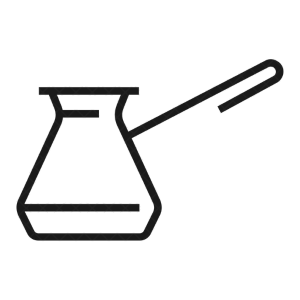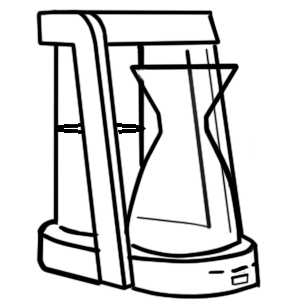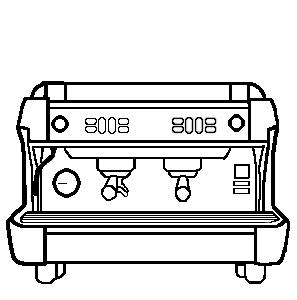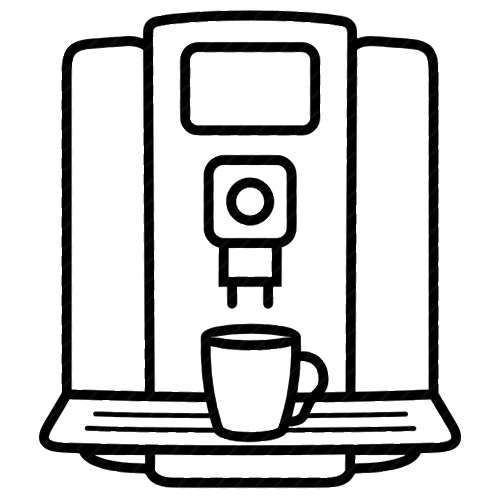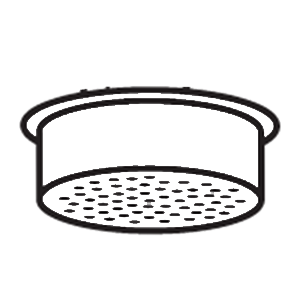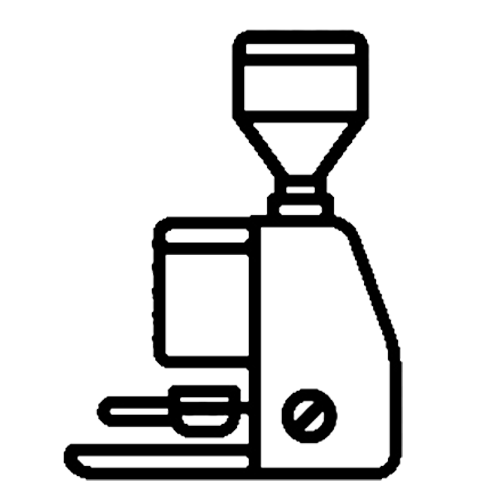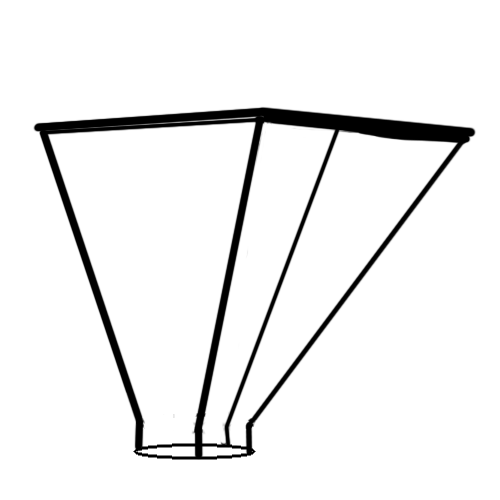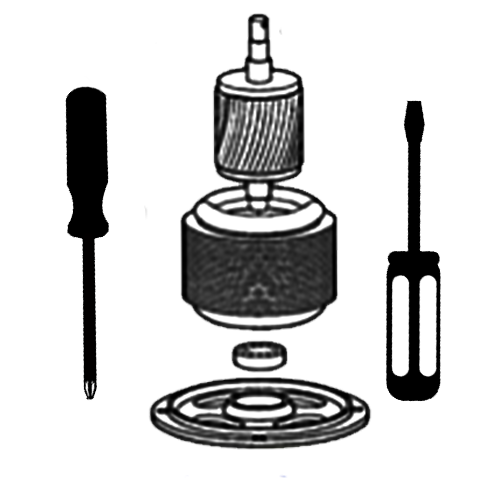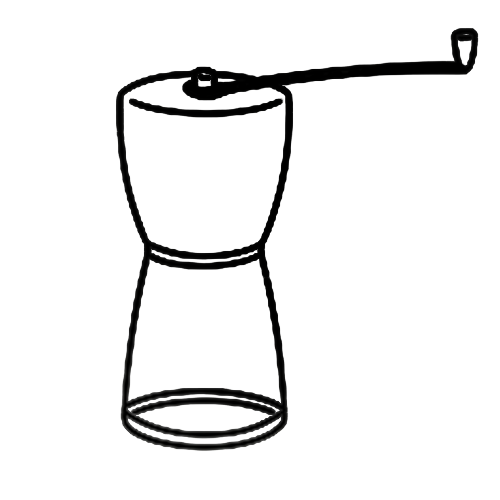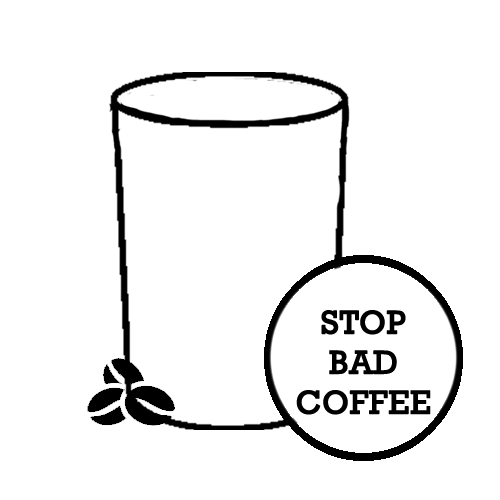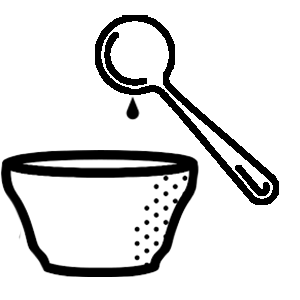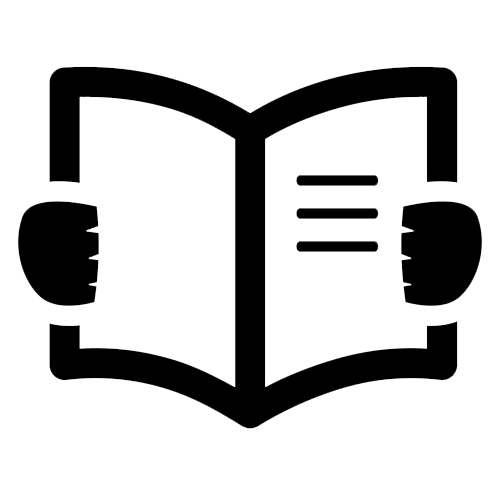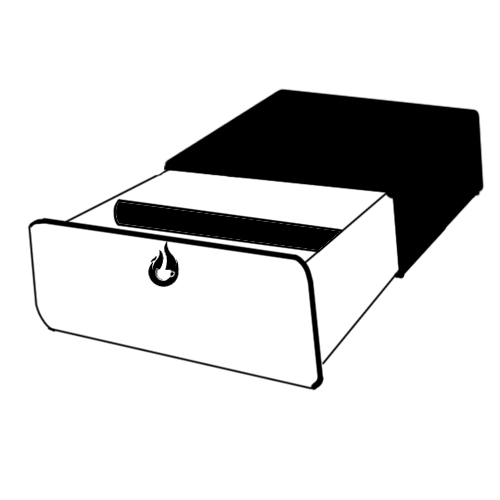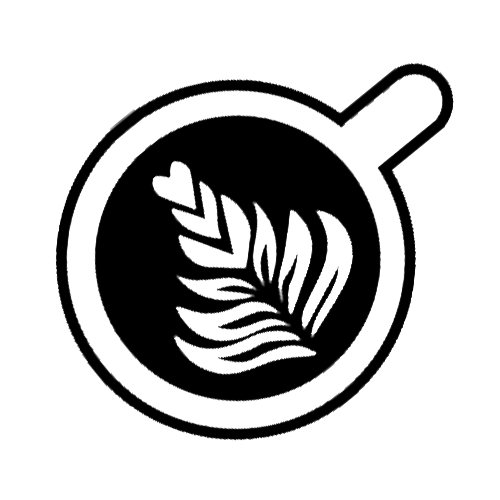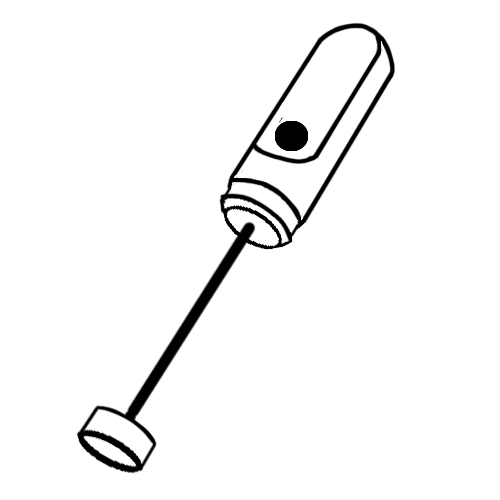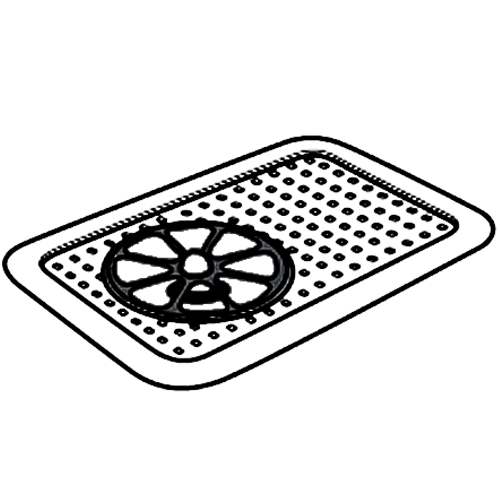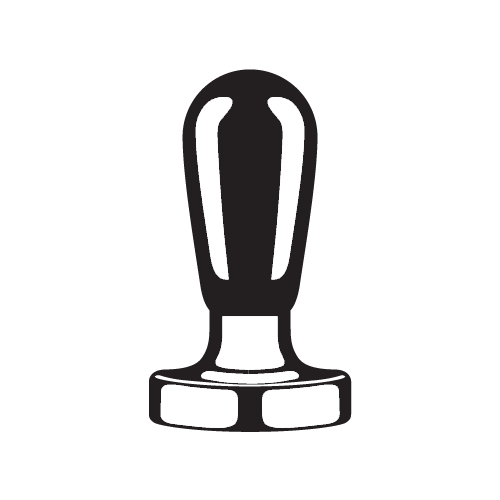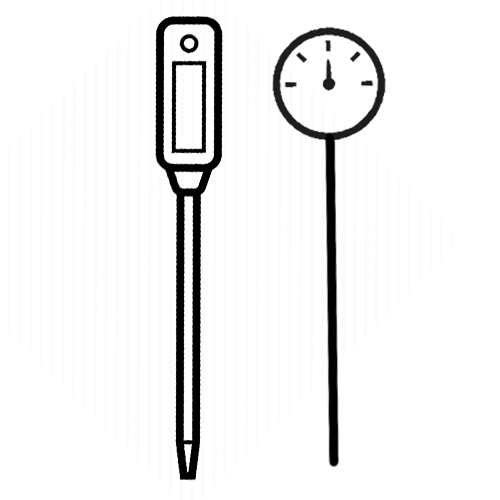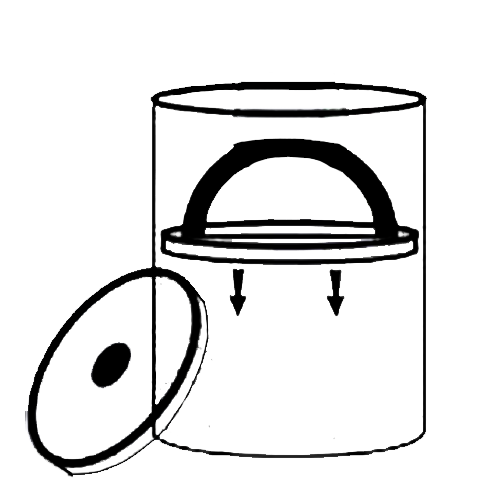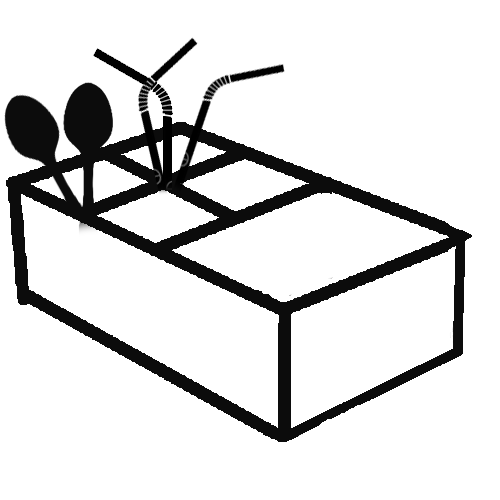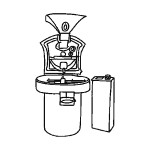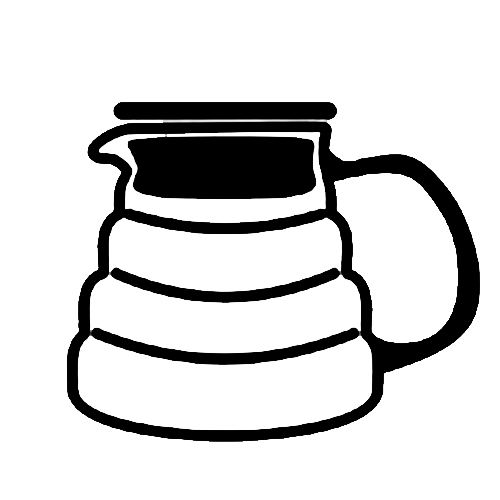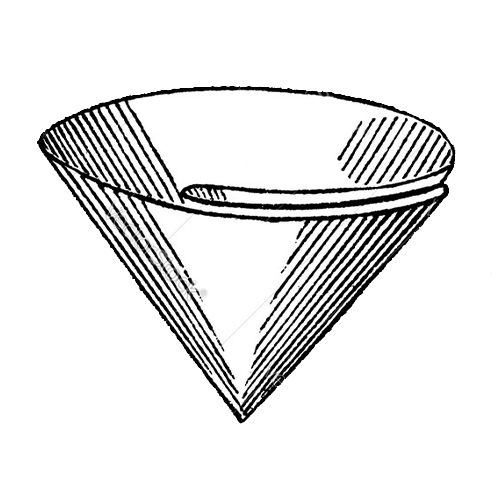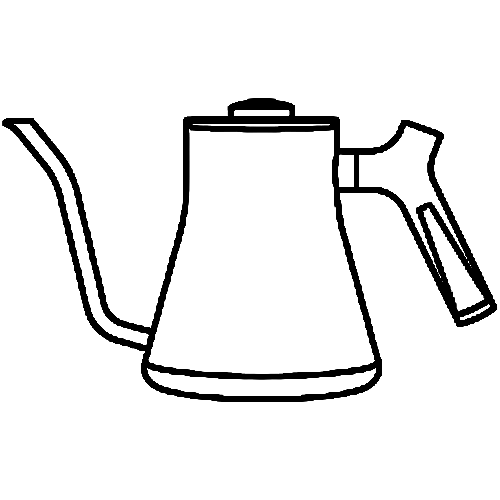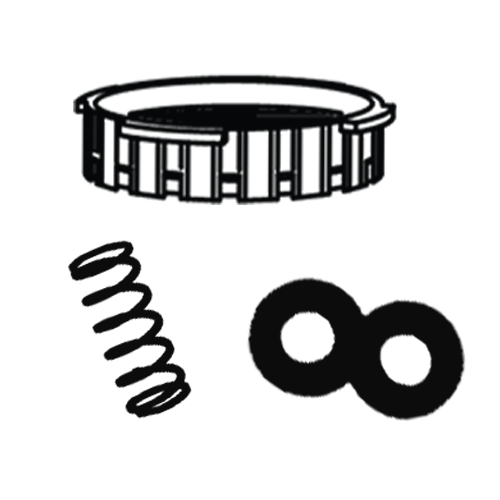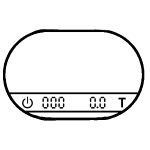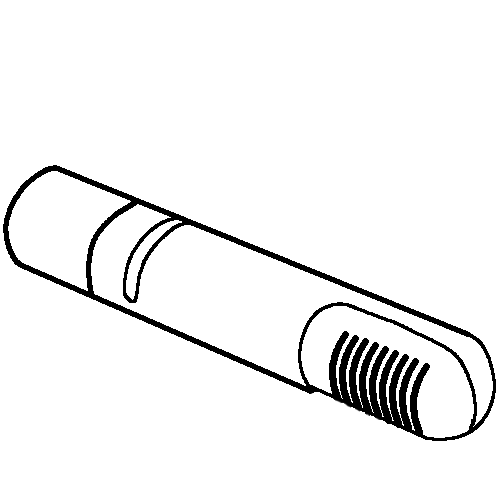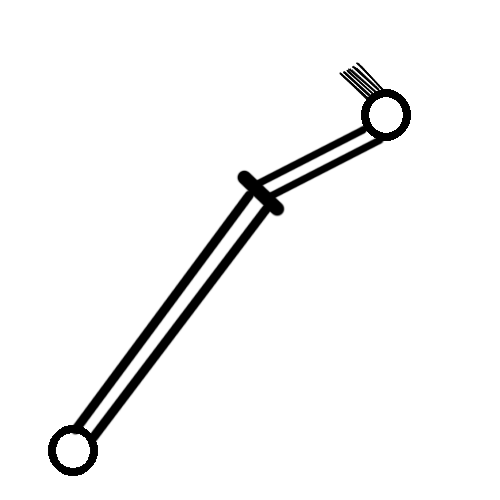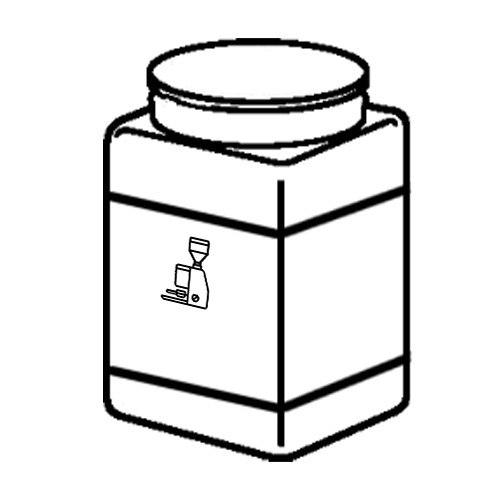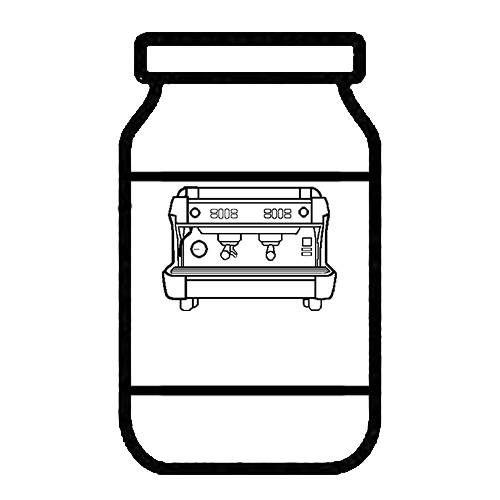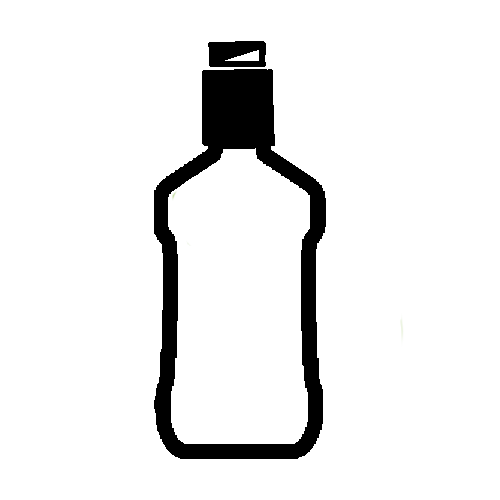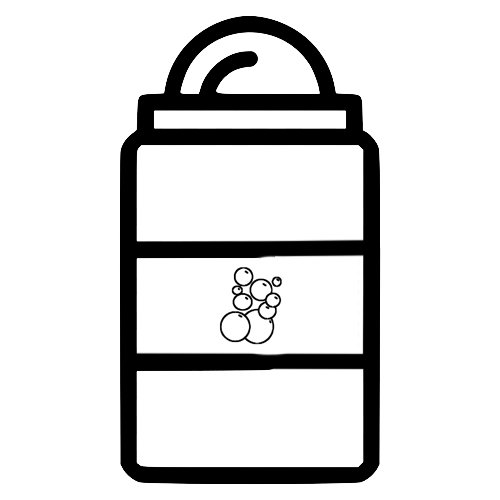THE POUR OVER
Time-tested technique for a bold and fruity brew
HISTORY
The pour-over brewing method was invented in 1908 by Auguste Melitta Bentz, who sought an alternative to the over-extracted and bitter coffee from percolators. Using blotting paper from her son’s notebook and a brass pot, she created what is now the Melitta Pour Over system.
Today, pour over is both a brewing method and a specialized tool. Water is precisely poured over coffee grounds in a circular motion, filtered through paper (often a V60 filter), and collected in a carafe. The result is a bright, fruity, clean-tasting cup, thanks to fast extraction and higher oil retention.
EQUIPMENT
Minimum Essentials
-
Pour Over Brewer
-
Pour Over Jug
-
V60 Filter
-
Fresh Coffee
-
Hot Water
Recommended Tools
-
Gooseneck Kettle
-
Coffee Scale
-
Timer
-
Thermometer
BREWING PARAMETERS
| Grind Size | Coffee:Water Ratio | Roast Type | Total Brew Time |
|---|---|---|---|
| Medium–Coarse | 1:15 | Light / Medium | 3 – 3.5 minutes |
Measurements
-
Coffee: 20 g
-
Water: 300 ml
-
Yield: 1 Cup
BREWING TECHNIQUE
STEP 1 – HEAT
Heat fresh water to 200°F (93°C) using a thermometer.
Or boil water and let it sit for 30 seconds.
STEP 2 – SET UP
-
Fold the seam of the V60 paper filter.
-
Place it into the pour-over cone and ensure it lies flat.
-
Rinse the filter with hot water to eliminate any paper taste and preheat the brewer.
-
Discard rinse water.
STEP 3 – MEASURE
-
Measure 20 g of freshly ground coffee.
-
Use a medium-coarse grind.
-
Gently shake the cone to level the coffee bed.
STEP 4 – POUR
-
Start with a 40 ml bloom pour in a spiral motion, saturating all grounds evenly.
-
Let bloom for 30 seconds.
-
Resume pouring the remaining 260 ml of hot water in a spiral, then central stream.
-
Keep grounds fully saturated throughout the pour.

